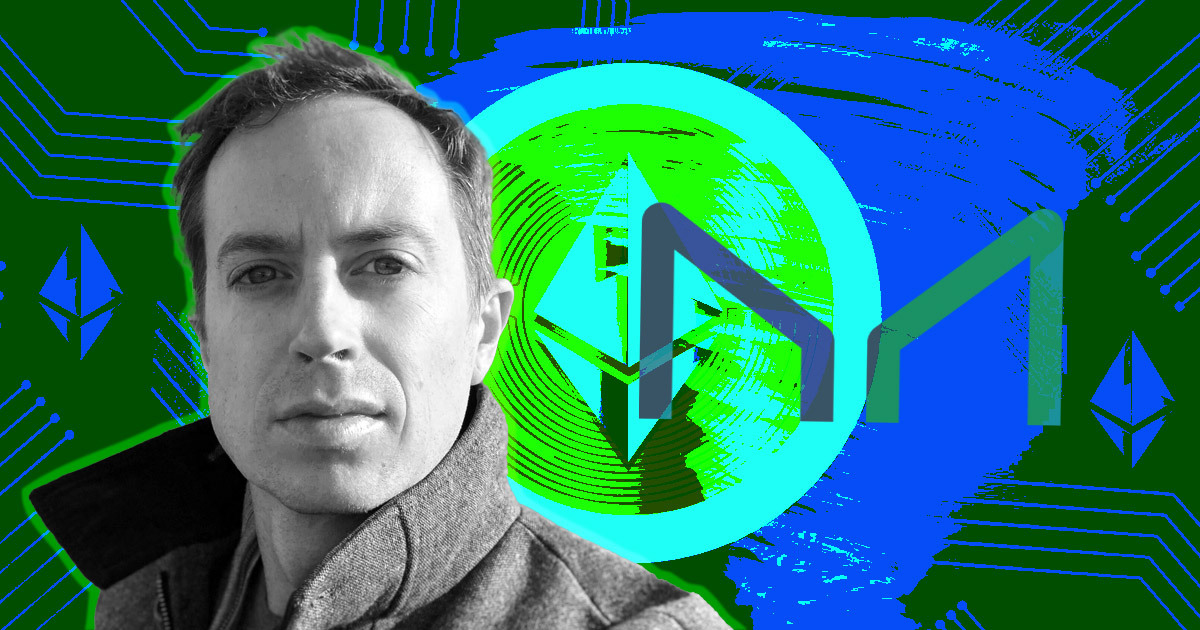Shapeshift CEO and founder Erik Voorhees recommended the MakerDAO community take precautionary measures after the U.S. Treasury sanctioned Tornado Cash.
Specifically, Voorhees advised MakerDAO users to remove their USDC collateral and convert the funds into another stablecoin. But he stopped short of advocating a more censorship-resistant choice.
Dear @MakerDAO $DAI community… you should start unwinding your USDC collateral immediately, converting it into stables that are more censorship resistant.
You have some time to do it, but you need to get started.
— Erik Voorhees (@ErikVoorhees) August 8, 2022
On August 8, the U.S. Treasury issued a press release stating crypto mixer Tornado Cash was sanctioned due to its role in laundering illicit crypto funds worth over $7 billion since 2019. Under Secretary of the Treasury for Terrorism and Financial Intelligence, Brian E. Nelson said:
“Despite public assurances otherwise, Tornado Cash has repeatedly failed to impose effective controls designed to stop it from laundering funds for malicious cyber actors on a regular basis and without basic measures to address its risks.”
The incident has given rise to discussion on governmental overreach and alternatives to centralized stablecoins.
The end of Tornado Cash
The Tornado Cash website is offline, its developers have been booted from GitHub, and Circle has blacklisted USDC addresses owned by the organization following the sanctions.
Several months prior, Circle CEO Jeremy Allaire dismissed claims that the company could freeze USDC accounts for whatever reason as FUD. He further countered by implying that entities operating within the law have nothing to fear.
Coin Center issued a statement on the matter, saying sanctions against a tool, rather than a person or entity with agency, is a blow for people who wish to maintain their privacy, “including for otherwise entirely legal and personal reasons.”
“It appears, instead, to be the sanctioning of a tool that is neutral in character and that can be put to good or bad uses like any other technology.”
The point has been widely supported by members of the crypto community, who view the sanctions as an attack against personal sovereignty.
Big Brother is watching
The founder of Bankless, Ryan Adams, chimed in by calling the actions of the U.S. Treasury “the opening shot of big brother’s assault on crypto.”
In a later tweet, Adams also posed the question, where will this end? Suggesting Uniswap could be next, then Ethereum — further insinuating a tiptoe to totalitarianism.
“If software isn’t safe, then speech isn’t.”
In response to USDC censorship, a researcher at NEAR Protocol DeFi platform Proximity, @resdegen, proposed the development of a new decentralized stablecoin free from governmental directives.
Resdegen considers Reflexer’s Rai and Liquidity’s LUSD 100% decentralized, but both are collateralized, which is disadvantageous scalability-wise. Resdegen suggested developing a new project which would be algorithmically pegged using BTC or ETH derivatives contracts.
6/ There are some truly decentralized solutions such as $RAI or $LUSD as their collateral is just $ETH
I highly recommend reading about them (Vitalik is a big supporter of RAI)
However, being collateralized stablecoins means that their scalability depends on ETH market cap
— Res ®️ (@resdegen) August 8, 2022



